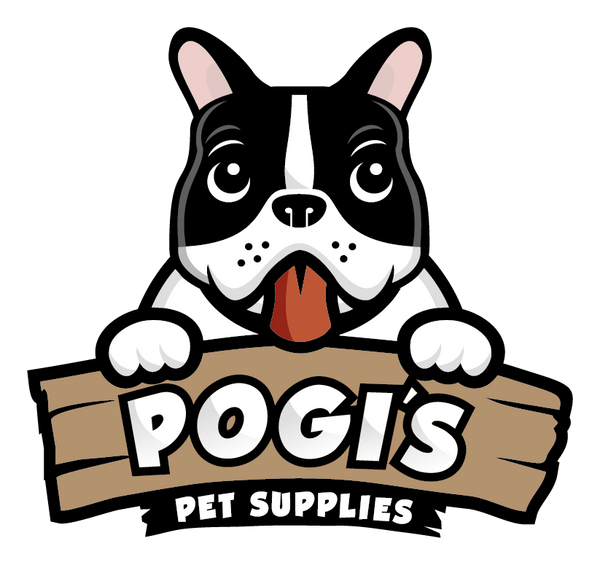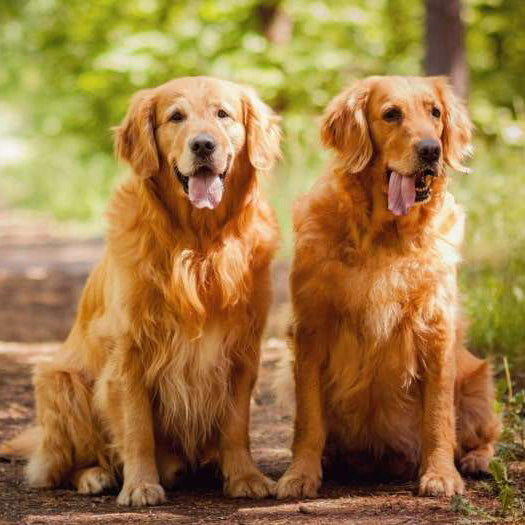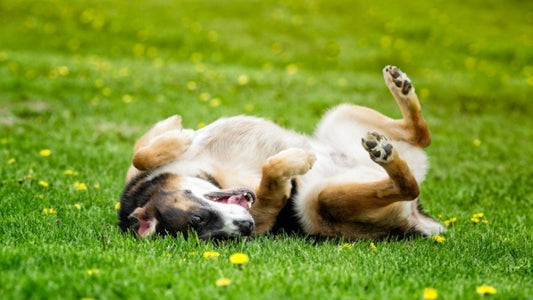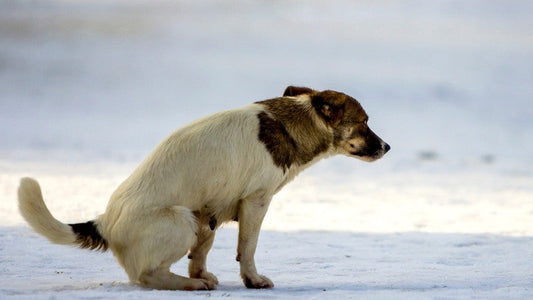Golden retrievers are gentle, fun-loving dogs who possess high levels of intelligence and athleticism. They make excellent pets for first-time dog owners because you can quickly train them.
No matter your golden retriever’s age, you can improve their behavior through training. While you will need to start with basics like house training your dog, you can progress to more enhanced skills.
Keep reading to make training a golden retriever fun.
Training a Puppy
Before bringing your puppy home, dog-proof your house. You want to eliminate opportunities for him to destroy your furniture. Baby gates can block your dog from specific rooms.
Some breeders and rescue centers provide mild training to your retriever before you adopt him. Usually, they will keep him with his litter for eight weeks to prevent behavioral issues.
Try to get these supplies to make training a golden retriever more productive:
- Crate
- Leash
- Collar and name tag
- Baby gates
- Food
- Treats
- House training pads
- Poop bags
- Brushes
- Wipes
- Chew toys
Crate Training
As soon as you bring your dog home, introduce him to his crate. Let him explore it and eat his meals from it. Once he enters, you can shut the door for several minutes before letting him out to play. Giving him treats in his crate can establish it as a safe space, so he prefers sleeping there.
You can put toys in the crate to make it a comfortable space, and you should keep the door open at all times so that he can enter freely. Try not to force him in and make it seem appealing so that he sleeps there.
House Training
Before you enter your house to start crate training, you can begin potty training in your backyard. Let him inside when he finishes his business.
For the first month, you will need to take your puppy outside hourly. Try to say one phrase each time you take the dog out, like “go potty.” If he tries to play, ignore him until he finishes. Then, you can reward him.
Inevitably, your pup will have an accident, house training a puppy is never smooth sailing. Try not to shout and clean the area. You can leave a couple of training pads near the door to encourage the dog to pee outdoors. Also, ensure you keep some in his crate to minimize the mess.
Leash Training
Before leash training, have your dog adjust to wearing his collar or harness. Then, you can attach the leash and begin.
While attaching the leash, place a treat or toy on the floor to keep your retriever busy. Reward him once you have secured the harness. Keep him next to you and praise him.
As you step forward, reward him for following closely and not passing. If he pulls, stand still until he looks at you. Then, step back a bit until he returns to your side. Reward him and walk forward again.
Try to do many short walks each day. After your retriever has adjusted, you can do longer ones.
Basic Tricks
To teach your dog to sit, close your hand with a treat inside. Place the snack near his nose and lift your hand slowly so that your pup will reach to sniff it. If his butt touches the floor, you can say “good boy!” and give him the treat. Repeat this process ten times each day, saying sit before moving your hand.
To teach him to stay, tell him to sit and say “stay.” Walk back a half step and return to him. You can reward him if he stays. Repeat this process a few times before adding more steps. Once you have gotten him to stay ten steps back, add distractions like jumping, moving your arms, and having someone pass them.
Since golden retrievers can travel far, teach them to recall with a whistle. Before feeding, whistle and put the food down. After a few days, you can start whistling when the pup is in other rooms to get him to come over. Reward him when he arrives. Then, try it in the backyard.
Kindness and Socialization
During the first three months of your puppy’s life, your retriever will decide what he should socialize with. Take him to dog parks, go on walks, and invite visitors over.
You will need to get your puppy vaccinated before he sees other dogs. Until then, you can adjust him to loud noises, family members, and other household pets. Keep the greetings gradual so that both parties can acclimate to each other.
Behavioral Correction
You can prevent your dog from chewing with chew toys. If he bites you, make a loud noise to express your pain so that he applies less pressure. Avoid yelling at your puppy when he makes a mistake. Instead, ignore him and reward him for correct behavior.
For loud barking, you should sniff out the cause. If your dog spotted the neighborhood cat, obscure the windows so that he cannot see the front yard. For those who bark at neighbors, try to introduce them.
If your dog tends to jump on furniture, tell them to get down. Avoid pushing him off and keep a stern tone until he leaves. Continue until he jumps when asked. You can reward him with cuddles when they listen to you.
Training a Dog
As your dog ages, he may test your boundaries. You will need to keep your commands firm to reinforce correct behavior. If he stops listening to you, keep repeating the command.
Keep taking your dog to parks and outdoor walks for socialization. Also, give him plenty of attention to strengthen your bond. If you feel stressed, your dog will probably notice and act strangely. Try to assess your actions and seem friendlier towards him.
When dogs start peeing in the house, they need to be let outside more, taken to the vet, or given some attention. Healthy dogs may feel upset towards you and pee for revenge. You can counteract this by spending more time with him.
If your dog walks too fast, stop when they pass you until they settle down. Then, you can continue walking. You will need to repeat this frequently to make a difference. Consider walking your dog more times each day until they behave.
Wrapping Up
Training a golden retriever can be fun if you let it. These intelligent dogs can learn tricks and behaviors quickly. By staying on top of their behavior from day one, you can prevent the need for professional training and keep them friendly and calm.





